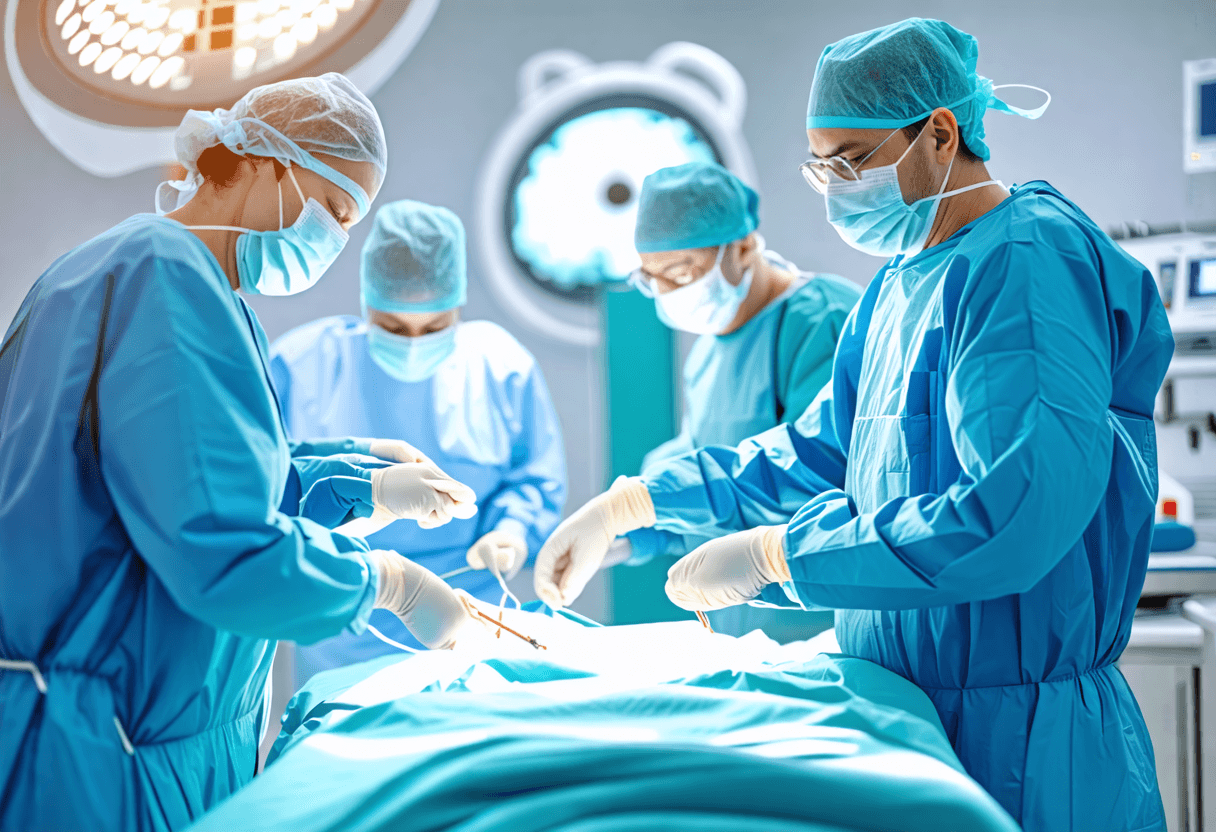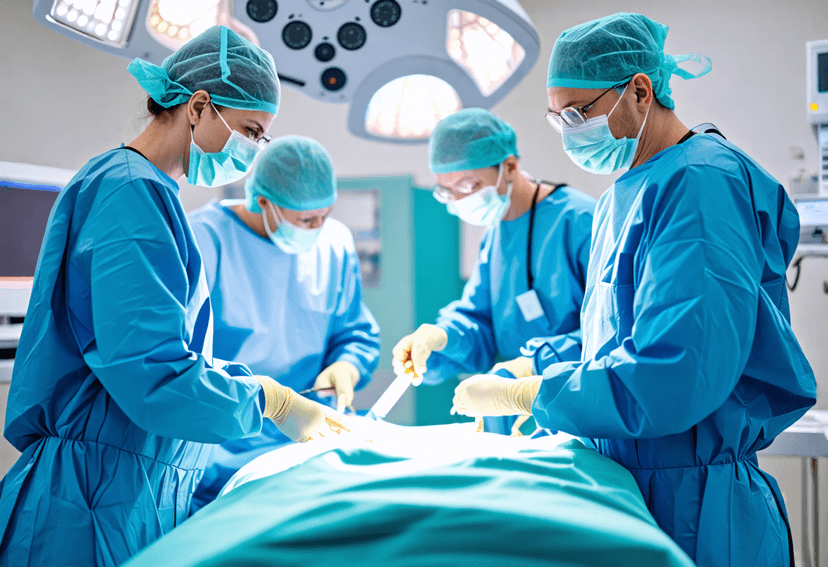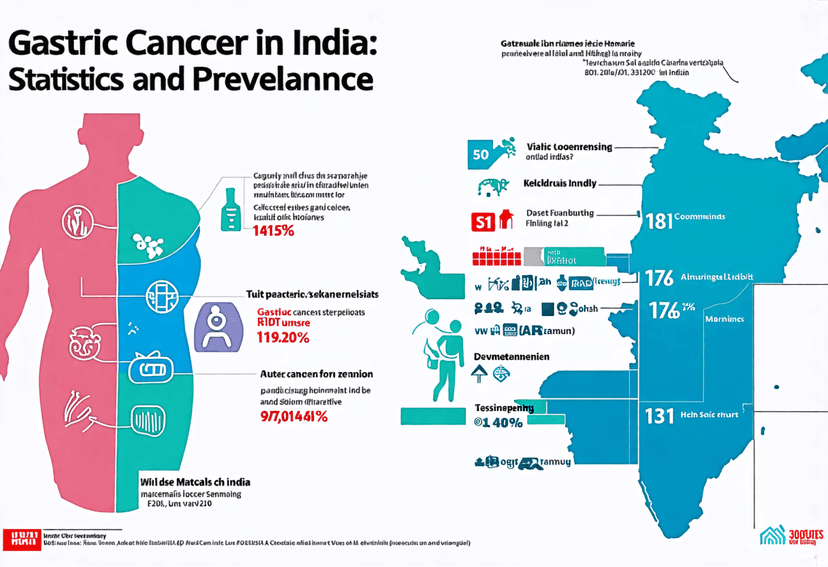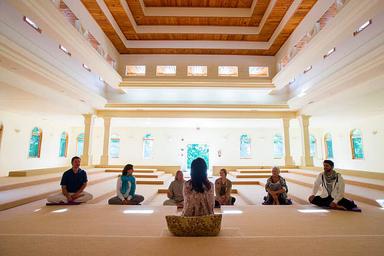
Gastric Cancer Surgery: Procedure, Cost, and Recovery
18 Oct, 2024
 Healthtrip
HealthtripImagine waking up every morning with excruciating abdominal pain, feeling like your stomach is on fire, and being unable to eat or digest food properly. This is the harsh reality for many people suffering from gastric cancer, a type of cancer that affects the stomach. The good news is that with advancements in medical technology and surgical procedures, gastric cancer surgery can be a lifesaving option for many patients. In this article, we will delve into the details of gastric cancer surgery, its procedure, cost, and recovery process, providing you with a comprehensive understanding of what to expect.
What is Gastric Cancer Surgery?
Gastric cancer surgery, also known as gastrectomy, is a surgical procedure that involves removing part or all of the stomach to treat gastric cancer. The goal of the surgery is to remove the cancerous tumor, as well as any affected lymph nodes and surrounding tissues, to prevent the cancer from spreading to other parts of the body. There are several types of gastric cancer surgeries, including partial gastrectomy, subtotal gastrectomy, and total gastrectomy, each with its own set of benefits and risks.
Most popular procedures in India
Types of Gastric Cancer Surgeries
In a partial gastrectomy, only the affected part of the stomach is removed, leaving the remaining stomach intact. This type of surgery is usually performed for early-stage gastric cancer. Subtotal gastrectomy involves removing a larger portion of the stomach, but not the entire organ. Total gastrectomy, on the other hand, involves removing the entire stomach, and is usually performed for advanced gastric cancer. In some cases, the surgeon may also remove other organs, such as the spleen or parts of the small intestine, if they are affected by the cancer.
The Procedure of Gastric Cancer Surgery
The procedure of gastric cancer surgery typically takes several hours to complete and is performed under general anesthesia. The surgeon makes an incision in the abdomen to access the stomach, and then removes the affected part or all of the stomach, depending on the type of surgery. The surgeon also removes any affected lymph nodes and surrounding tissues, and may perform a sentinel lymph node biopsy to check for cancer cells. In some cases, the surgeon may also perform a laparoscopic surgery, which involves making small incisions and using a camera and specialized instruments to remove the tumor.
Wellness Treatments
Give yourself the time to relax
Lowest Prices Guaranteed!

Lowest Prices Guaranteed!
Risks and Complications
Like any major surgery, gastric cancer surgery carries risks and complications, including infection, bleeding, and adhesions. The surgery can also cause digestive problems, such as diarrhea, nausea, and vomiting, as the body adjusts to the removal of the stomach. In some cases, the surgery may also cause nutritional deficiencies, as the stomach plays a crucial role in digestion and nutrient absorption.
Cost of Gastric Cancer Surgery
The cost of gastric cancer surgery varies widely, depending on the type of surgery, the location, and the surgeon's fees. On average, the cost of gastric cancer surgery can range from $15,000 to $50,000 or more, depending on the complexity of the procedure. It's essential to check with your health insurance provider to see if they cover the cost of the surgery, and to discuss the estimated costs with your surgeon.
Recovery from Gastric Cancer Surgery
The recovery process from gastric cancer surgery can be long and challenging, but with proper care and support, patients can make a full recovery. The recovery process typically takes several weeks to several months, during which time patients may need to follow a strict diet, take medication to manage pain and nausea, and attend follow-up appointments with their surgeon. It's essential to follow the surgeon's instructions carefully to ensure a smooth and successful recovery.
Lifestyle Changes After Gastric Cancer Surgery
After gastric cancer surgery, patients need to make significant lifestyle changes to adapt to their new digestive system. This includes eating smaller, more frequent meals, avoiding spicy or fatty foods, and taking supplements to manage nutritional deficiencies. Patients may also need to avoid heavy lifting, bending, or strenuous activities for several weeks after the surgery.
In conclusion, gastric cancer surgery is a complex and challenging procedure that requires careful consideration and planning. While it carries risks and complications, it can be a lifesaving option for many patients with gastric cancer. By understanding the procedure, cost, and recovery process, patients can make informed decisions about their treatment options and take the first step towards a healthier and happier life.
Related Blogs

Pancreatic Cancer Surgery Options
Get informed about the latest surgical options for pancreatic cancer

Stomach Cancer Prevention: Lifestyle Changes and Risk Reduction
Learn about lifestyle changes and risk reduction for stomach cancer

Gastric Cancer Treatment in Singapore: Advanced Options
Explore advanced gastric cancer treatment options in Singapore with Healthtrip

Stomach Cancer Awareness: Educating Yourself and Others
Educate yourself and others about stomach cancer awareness with Healthtrip

Gastric Cancer in India: Statistics and Prevalence
Understand the statistics and prevalence of gastric cancer in India

Gastric Cancer Screening: Tests and Procedures
Understand the tests and procedures of gastric cancer screening with










